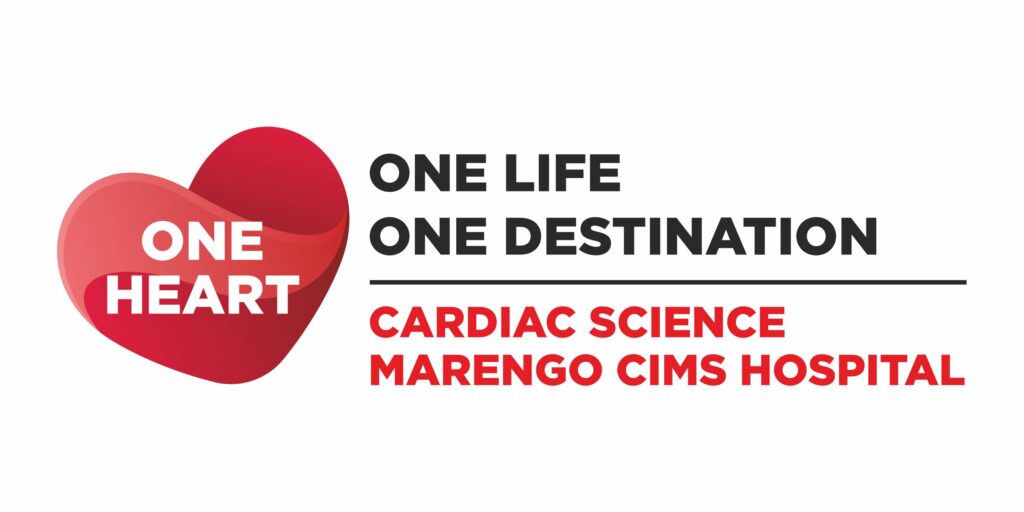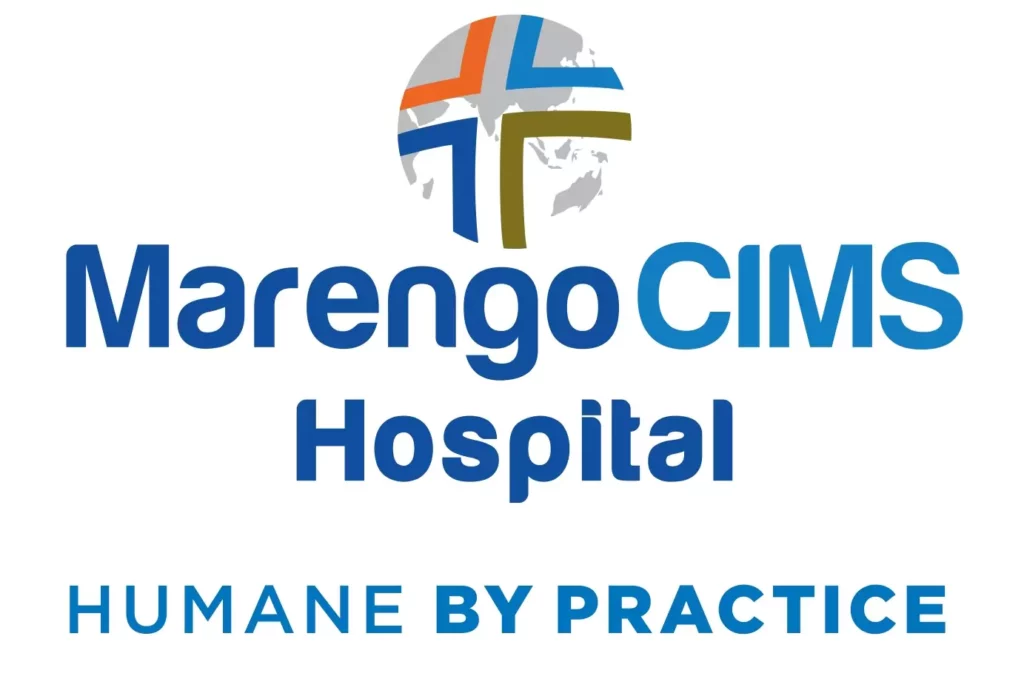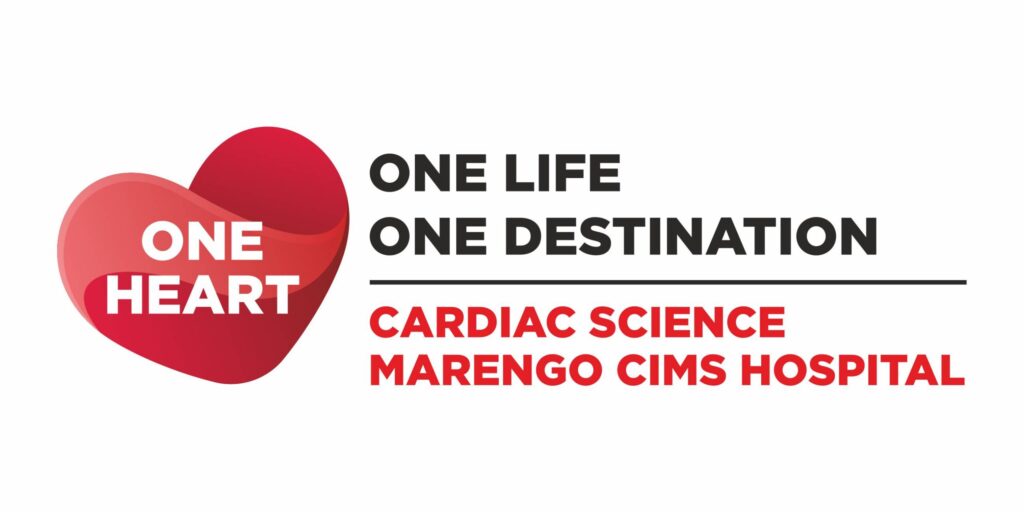Thoracic Surgery
Thoracic surgery is a specialized field of medicine focused on the surgical treatment of diseases affecting the organs within the chest, particularly the lungs, esophagus, heart, and major blood vessels. This type of surgery is often necessary for conditions such as lung cancer, esophageal cancer, chest wall deformities, pleural diseases, and severe lung infections. In addition, thoracic surgery plays a critical role in treating trauma to the chest, such as rib fractures or punctured lungs. It is also used to address conditions like emphysema, congenital disorders, and complications from heart disease.
A wide range of procedures falls under thoracic surgery, with some of the most common being lung resections (such as lobectomy or pneumonectomy), esophagectomy, and mediastinal tumor excisions. Advancements in technology have introduced minimally invasive techniques, like video-assisted thoracoscopic surgery (VATS) and robotic-assisted surgery. These techniques offer significant benefits, including smaller incisions, less post-operative pain, and quicker recovery times compared to traditional open surgeries. In complex cases, open thoracotomy may still be necessary, providing surgeons with greater access to the chest cavity.
Patients undergoing thoracic surgery often require multidisciplinary care from pulmonologists, oncologists, and cardiothoracic specialists to ensure the best outcomes. After surgery, patients may face a period of rehabilitation to restore lung function, manage pain, and monitor for complications such as infection or bleeding. Thoracic surgeons are also at the forefront of treating life-threatening conditions like aortic aneurysms and heart valve diseases, often collaborating with cardiologists in procedures that save lives.



